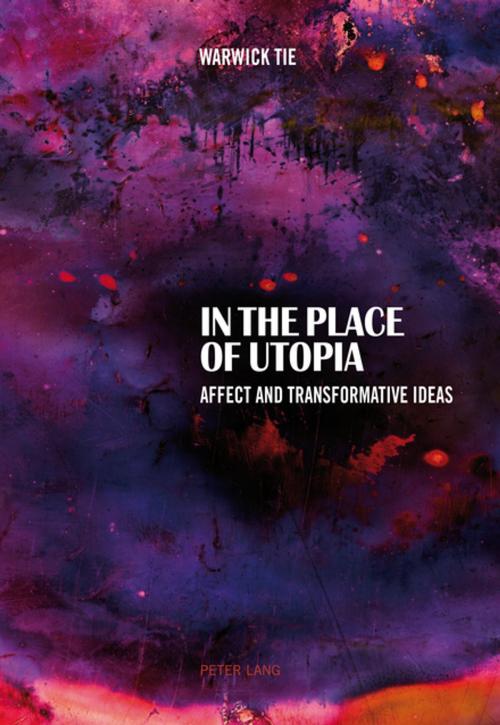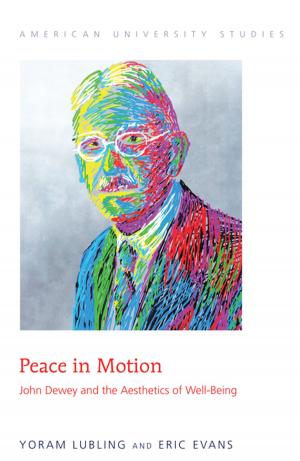In the Place of Utopia
Affect and Transformative Ideas
Nonfiction, Social & Cultural Studies, Social Science, Sociology, Religion & Spirituality, Philosophy, Political Science| Author: | Warwick Tie | ISBN: | 9783035199277 |
| Publisher: | Peter Lang | Publication: | April 29, 2014 |
| Imprint: | Peter Lang AG, Internationaler Verlag der Wissenschaften | Language: | English |
| Author: | Warwick Tie |
| ISBN: | 9783035199277 |
| Publisher: | Peter Lang |
| Publication: | April 29, 2014 |
| Imprint: | Peter Lang AG, Internationaler Verlag der Wissenschaften |
| Language: | English |
Considerable socio-political change has re-configured the discursive space once occupied by ‘utopia’. Within the cultures of late capitalism and the organisational matrices of bio-political administration, that space is no longer animated by images of idealised states that are yet to come, or by a sense of simple failure in the production of those same states. Rather, it is overdetermined by a condition of differentiation in the representation of reality. The origins of that differentiation of representation appear to lie deep within the modernist project. In the Place of Utopia explores how that condition of representation might be animated anew by the discursive circuits through which modernity has come to operate, so as to enliven the ability of transformative ideas to lever change from within a range of organic crises current to the world system: the financialisation of global capitalism; the subsumption of worker subjectivities to the logic of capital; the broadening of the metabolic rift through industrial-capitalism. Central to this animation of transformative ideas is the relationship between language and the body.
Considerable socio-political change has re-configured the discursive space once occupied by ‘utopia’. Within the cultures of late capitalism and the organisational matrices of bio-political administration, that space is no longer animated by images of idealised states that are yet to come, or by a sense of simple failure in the production of those same states. Rather, it is overdetermined by a condition of differentiation in the representation of reality. The origins of that differentiation of representation appear to lie deep within the modernist project. In the Place of Utopia explores how that condition of representation might be animated anew by the discursive circuits through which modernity has come to operate, so as to enliven the ability of transformative ideas to lever change from within a range of organic crises current to the world system: the financialisation of global capitalism; the subsumption of worker subjectivities to the logic of capital; the broadening of the metabolic rift through industrial-capitalism. Central to this animation of transformative ideas is the relationship between language and the body.















